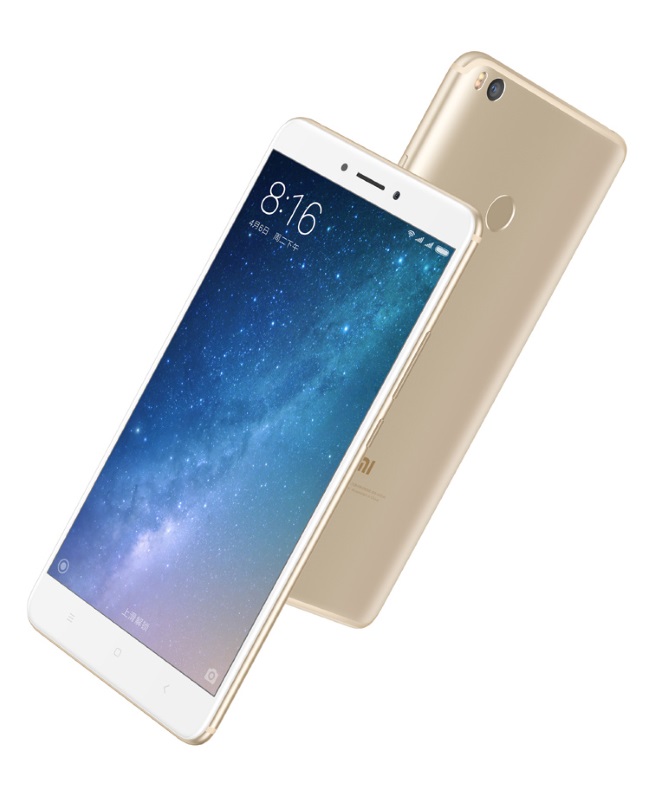Technology: Our tech guy Colin Moors looks at the concept of property.
Ask yourself the question: Do I own it? The answer is almost certainly a resounding ‘no’. Semantically speaking, you never own a book, you merely own a copy of the author’s words in a handy format. This book is yours to keep, to sell or, if you’re anything like me, to leave on a plane for someone else to enjoy.
OK, so you’re happy with the concept of property as far as books go. How happy would you be if, say Amazon came to your house while you were at work and took the books it sold you back for unspecific reasons? It sounds ludicrous but in principle, Amazon have already done just that. Back in 2009, the company had something of a legal issue with some works by George Orwell that had been placed for sale by a third party, whom they later found had no rights to reproduce Orwell’s material. The measured response would have been to inform customers by email, refund them and then delete the books. Amazon decided to ignore the first two steps and just delete the books from the Kindle devices remotely. Ironically, one of these titles was 1984, leading to all kinds of jokes about Big Brother watching your Kindle. The fallout was pretty bad and Amazon chief Jeff Bezos went on record as saying the move was “stupid” and “thoughtless”. It would be unfair to fail to mention that the people affected were refunded, albeit after the event.
Public relations nightmare aside, it does raise the important question of ownership. When you ‘buy’ a book, song or game from an online retailer that has its own Digital Rights Management (DRM) platform, you are really only ever purchasing the digital right to enjoy that product for an indeterminate length of time the publisher or distributor deems appropriate. DRM has advantages for all parties – a secure and piracy-proof platform for selling a product for the retailer and a secure, always-on storage facility for your media if you’re a client.
If you buy a PlayStation 3 (PS3), you’ll naturally want to buy some games for it. At time of writing, it’s still possible to buy games that you simply slide into the optical disc slot, like we used to have in caveman times. The majority of people, however, will prefer to buy their content digitally via Sony’s DRM platform and have the game delivered directly over broadband to their hard disk. What are the advantages of doing it this way? For one, games on a hard disk load faster, providing a better gaming experience and having all your games in one box with no discs to scratch or lose has both aesthetic and practical advantages. If your console gets stolen or burned or something equally bad, no problem. Get a new one with the insurance money, log in to the PlayStation network and your games are all there waiting for you. No mess, no fuss.
All good, right? Well, perhaps, it depends how you look at it. I personally still have old consoles with old games that I can still play, as long as I can find a converter from the old aerial socket to HDMI. Sony are reportedly stopping development on their PS3 very soon, which leaves the future of the games uncertain. If you still have a PS3 in ten years’ time, you’ll be able to play disc-based games and any games on the hard disk. But what about all those games you bought and didn’t download because you ran out of disk space? Gone. There’s no way of backing them up without some serious shenanigans and some dubious software from Russia.
All things considered, it’s really just a slow phase-out. How many of us play eight-track cartridges, VHS tapes or even cassettes these days? Apart from the hipster hardcore, nobody has the equipment, or the intent to use poor quality media. Rather than a cupboard full of useless media, Sony just takes the decision to clean up out of your hands. Whether or not you like it is a choice you’ll have to make before supplying your credit card details.
Ownership is a very human thing, however, and hard to break our programming for. People buy houses because they want to have a place to live, when renting would be an option – and quite possibly a cheaper one overall. The real worry with DRM platforms is that while nobody can remove you from your rented house if you keep up the payments (in principle) Sony, Microsoft, Amazon and Apple, to name but a few can, easily deprive you of your purchases with little to no comeback on them. This from Sony’s terms and conditions for the PS3: “We reserve the right to change or withdraw features, specifications, prices, services and content at any time, without notice to you.” To further hammer the point, they go on: “You may access the item you ordered through your account that you used to order the item, until such time as we remove the item.”
It’s pretty clear from the above that this puts them squarely in the driving seat. If you live in the US or Europe, you certainly enjoy the best legal purchase protection money can buy. However, as you haven’t actually purchased anything – all bets are off. There would be nothing stopping a company from offering you the Top Ten Albums for only €15, removing the access after a day and hiding behind the terms and conditions. Whatever your thoughts on ownership, this should ring an alarm bell or two.







